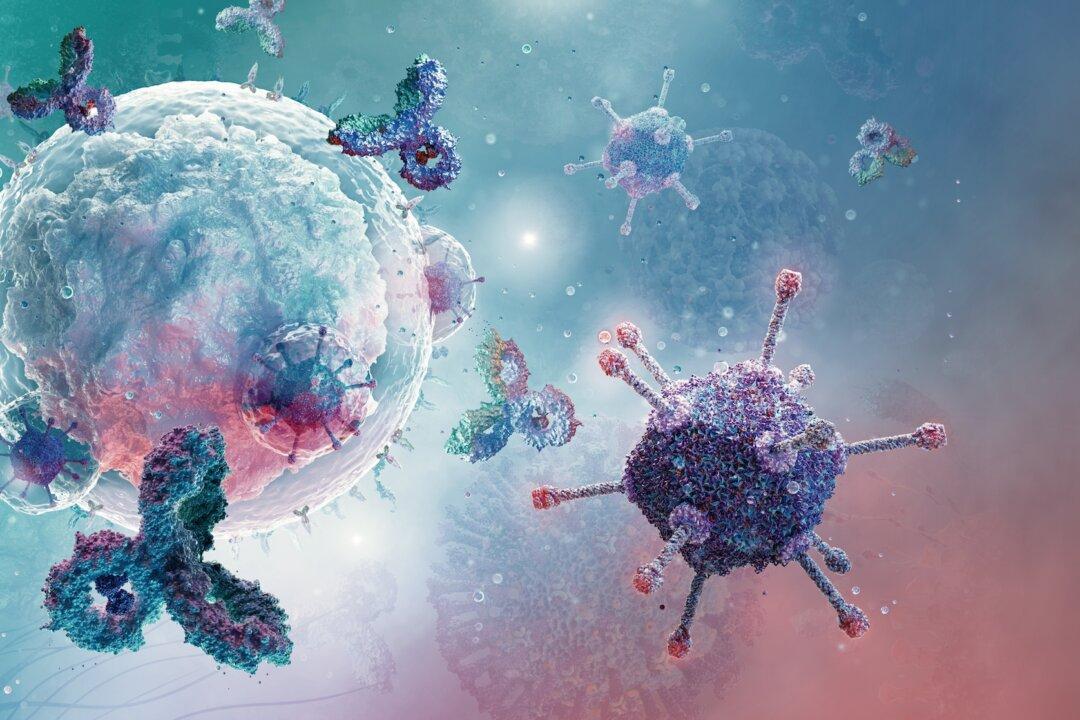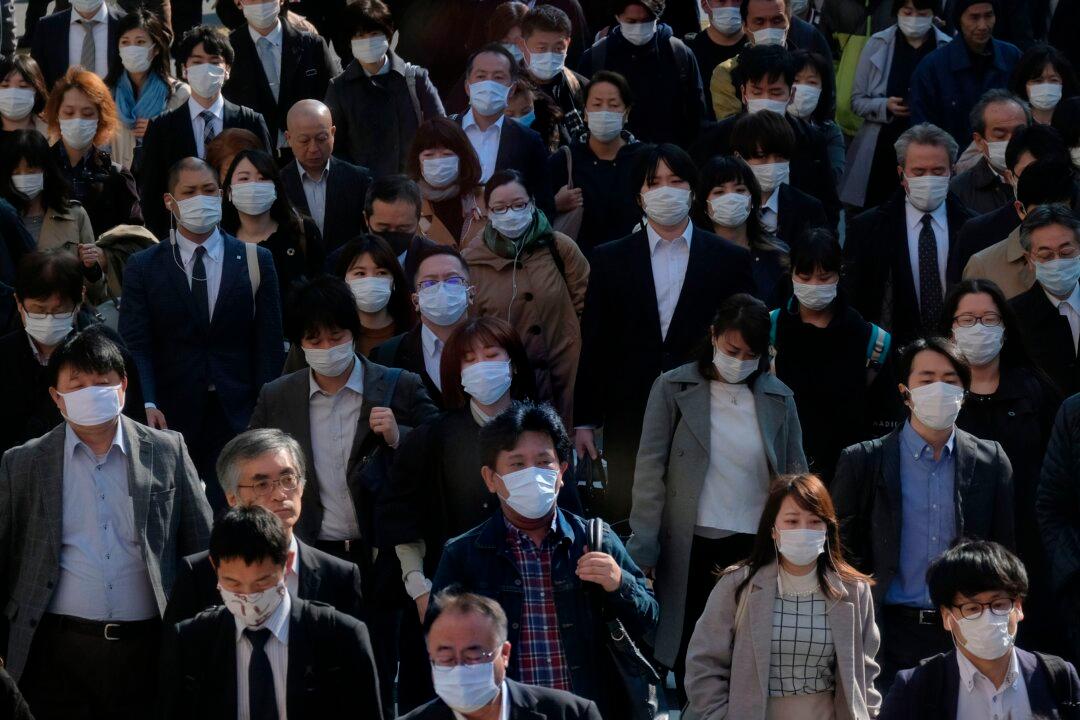A growing list of scientific studies have now shown that immunity following natural infection provides durable protection often far better than immunity following Covid-19 vaccination. Several governments focus on mandated vaccination. However natural immunity and a strong immune system are what are really needed to build full protection and a healthier population.
In most Western countries, vulnerable people and high-risk groups have been vaccinated with one of the four “Emergency Use Authorization” (EUA) Covid-19 vaccines. Remarkably, in the countries with the highest vaccination coverage (Israel, Iceland and England), we observe high numbers of positive tests.Positive tests are called infections or cases, even though that may or may not be true (e.g., a PCR test may not distinguish between an active infection or a previous infection).






